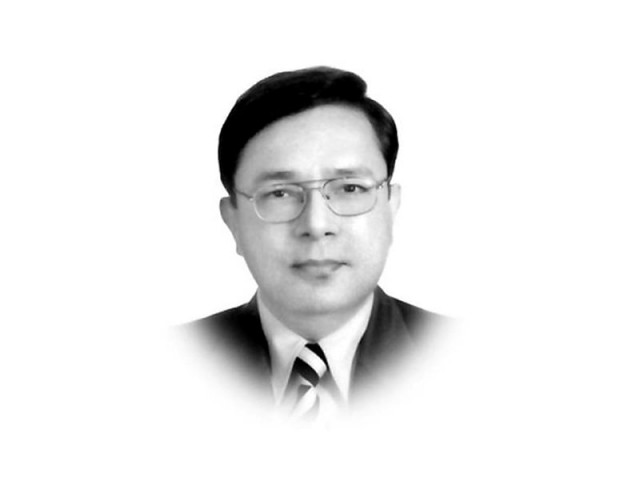People versus the pulpit
For political forces in Pakistan, democracy is a tool to hold on to power, to promote religion and vested interests.

The writer is a PhD Scholar at West Virginia University in the US
In history, the actual conflict started between church and politics, and not church and state, when new stakeholders or commoners entered the arena, claiming that the rulers had to have the support of the people and not of the pulpit, in order to rule. The basis of this claim was a new idea of ‘majority rule’ or ‘government by consent of the people, i.e., liberal democracy’ promoted by Western political philosophers. From the seventeenth century onwards, religion had problems with democracy and not with the state. Religion did not have space for democracy nor did democracy have any room for religion because both were incompatible. A state could be based on the will of God, as religion suggests, but democracy is based on the will of the people only. Going by this, the whole Christian world, in so far as the government and its institutions are concerned, denies and defies the authority of God by applying democracy in their societies. For example, the Americans, though they trust in God, believe in democracy and follow the Constitution, not the Bible.
Democracy is purely a Western and secular concept having space for all religions without distinction. In simple words, a democratic state cannot promote one particular religion but can give people the right to practise whatever religion they want. The First Amendment to the US Constitution prohibits the state to establish any religion or prefer one religion to the other. In religion, anything repugnant to the ‘revealed teachings’ is forbidden and punishable. Similarly, in a democratic state, all acts contrary to democratic principles, as laid down in the secular Constitution, are unacceptable. In a true democracy, people through their elected bodies can make or unmake anything or can even declare lawful same-sex marriages or the use of marijuana. Through democracy, the Western world has provided an antidote to the baleful and retrogressive leanings of religion.
Western liberal democracy and religion contradict each other. This is why true democracies in the world are also secular, including that in modern Turkey. All conservative forces of the past, the kings or queens (almost all European nations still have monarchs), clergy and military are still there in modern democracies of the West but these forces have surrendered before the will of the people. The most powerful armies of the world today, such as that of the US and European nations, have accepted the civilian supremacy as desired by their people.
In Pakistan, the conservative political forces are not yet ready to accept the will of the people in its true spirit. For many political forces in the country, particularly the religious parties, democracy is merely a tool to hold on to political power and they want to use it to promote religion or their vested interests. It makes sense when Sufi Muhammad, the founder of the Tehreek-e-Nefaz-e-Shariat-e-Mohammadi, and the Taliban leadership pronounce that Western democracy has no place in Islam. However, some people might cite the example of Iran as a democracy. But the truth of the matter is that Iran is not a democracy but the worst form of an electoral dictatorship of clerics because the right to participate in elections is highly restricted. It is also naive to say that there are different shades of democracy. Pure democracy has only one shade, i.e., respect for the will of the people. Impure or fake, democracy has as many shades as one can come up with.
Published in The Express Tribune, February 5th, 2013.














COMMENTS
Comments are moderated and generally will be posted if they are on-topic and not abusive.
For more information, please see our Comments FAQ